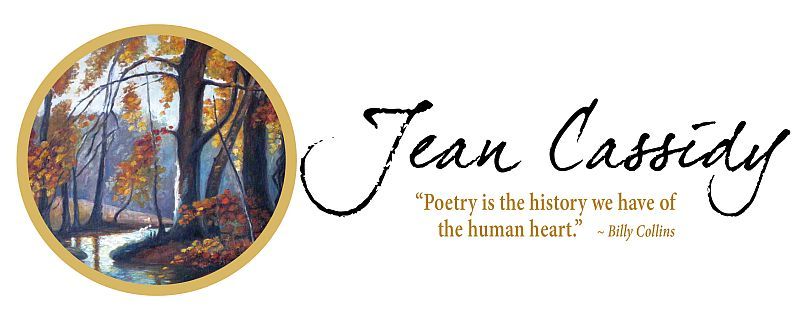
TRANSLATION in Memory of a Star
At a fundraiser in a burger joint, the cavernous room is packed with people, pitchers of beer, and a relentless, high-strung steel guitar.
The person next to me waves, leans in close, points to his chest, and shouts “I’m Eric.” With both palms up and a shrug, he mouths, “What’s your name”? Close to his ear I bellow, “Jean”; this was my last communication with anyone for two hours.
With no escape from the clamor, I distract myself with a Highland Gaelic Ale, and thoughts about Stephen Hawking. He had just died, so some sadness replaced my irritation. I had an affinity for him over the years, after seeing his video, “The Sound of Two Black Holes Colliding.” The sound resembles the chirping of massive flocks of warblers – Hawking’s brilliance conveyed with a large dose of humor and irony. I learned you can hear black holes colliding only indirectly, because no recorder can get close to, or go across the “event horizon,” that point of no return. It’s believed that in the Milky Way, with our “super-massive black hole,” we are devouring close-flying asteroids by the thousands every day.
In Hawking’s last years, after fifty years of accommodating to ALS, speech was impossible. He communicated using his “prank board,” an electronically voice-generated R2D2-like rattling, bonking form of speech. He surely appreciated the difficulty humans have in comprehending one another, even without physical impediment.
Hawking lived inside a crumpled body so long, his death took me by surprise. He had moved into “The Eternal Universal Unknown,” his metaphor for God. In his final work, entitled “A Smooth Exit from Eternal Inflation,” he predicted that stars will run out of energy, and the universe will fade into darkness. He implied that he believed in God as myriad numbers wrapped around the universe, with no beginning and no end. The numbers create a string of eternal vibration, like a garland of energy around everything. Most of us don’t think about these kinds of things, as we go about our days hoping to dodge meteors, while doing the laundry, or vacuuming the living room.
As the hoopla cranks down, folks seem a speechless. They carefully pass stacks of empty platters over heads, to expose a passageway for the servers to exit.
A Message From Stephen Hawking Is On Its Way to a Black Hole
Photo Credit: Adrian Swancar
Jean Cassidy, 2015
essay, prose poetry, science, scientists, wnc poetry, wnc writer
